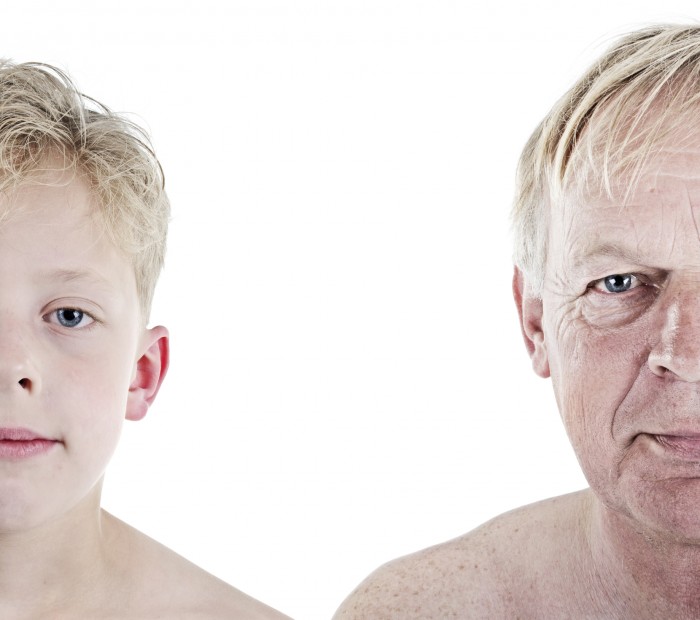Yesterday I watched a good friends’ nine-month-old baby boy sitting on a hardwood floor, smiling and flapping his arms, observing the commotion of family and friends around him.
His movements disrupted his center of gravity.
He began to sway like a teeter-totter and before anyone could reach him, gravity pulled him down, causing him to bang his head on the floor. Tears flowed, his cries resounded and his adoring mother quickly swept him into her arms, checking his head.
After a minute or two, his cries subsided and his head seemed okay. His smile began to reappear as he snuggled into the warmth and comfort of his mother’s bosom.
This incident weighed heavily on my mind as I left their house, headed to pick up my aging business partner and his son for dinner at a French Restaurant.
My business partner turned 82 this summer.
For the past several years, not unlike my friend’s infant boy, the pull of gravity has been unkind to him. He has fallen many times, cutting and bruising himself.
Unable to accept the reality of losing his balance, losing muscle strength and losing his ability to walk smoothly, he has refused to wear any medical rapid alert system. He has expressed resentment that I wish to have a close friend move into his large house to help watch over him.
My greatest fear has been that it is only a matter of time before gravity pulls him down once again, resulting in a catastrophic, life threatening series of events.
15 years ago, my business partner was still full of vigor, and I fondly remember how he loved to zoom down the ski slopes at Crested Butte, embracing the full force of gravity—his laughter exuding joy.
I gazed at his slumped shoulders and the folds of skin sagging on his neck and cheeks as his right hand, quivering, slowly lifted the wine glass to his lips.
Overcome with sadness and anxiety, I asked myself how do I tell someone I love that he is too old and physically unstable to live alone anymore—unable to confront gravity unassisted.
And then it struck me: the image of my friend’s wife, rushing to her fallen baby, embracing him with so much love.
Love is the answer.
Love is how we overcome gravity.
Of the four fundamental interactions we know—strong nuclear, electromagnetic, weak nuclear and gravitational—gravity is by far the weakest. Yet, over the past billion years, this weakest of forces has pooled together forming myriads of supermassive black holes—their gravity comprising the strongest known force in the universe.
And so it is with love.
I joined my love for my business partner with his son’s love and together we focused this powerful force on my aging friend. I could feel him pull it in—receiving it like a black hole receiving the energy of its captive stars.
In Kundalini Yoga, the heart is often compared to a black hole that pulls the mind in. I believe all this love pouring into my business partner’s heart helped him to begin to accept the inevitability of his aging process—to recognize the gravity of his circumstances, something his mind had refused to do on its own.
The gravity of aging is a process we should never undertake alone.
If we love someone nearing or entering the final stage of their journey in this world, we must shower as much love on them as we would on a helpless baby. Surround them with more people who love them and this love will guide us all, like a bright shining star, to where we need to be.
Love elephant and want to go steady?
Sign up for our (curated) daily and weekly newsletters!
Apprentice Editor: Melissa Horton/ Editor: Catherine Monkman
Photo: Courtesy of author, via Dreamstime












Read 2 comments and reply